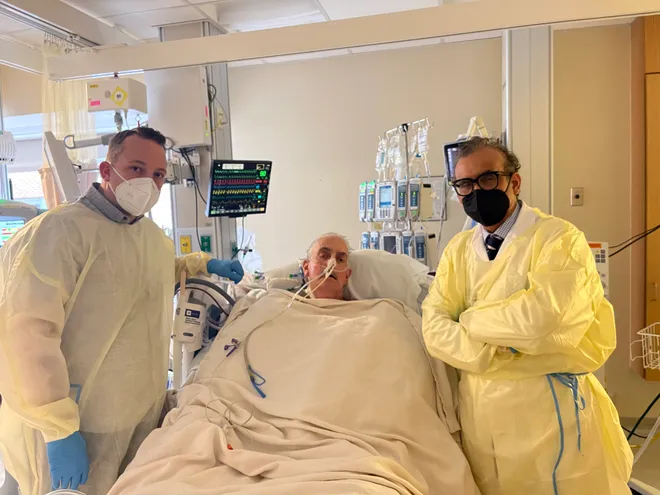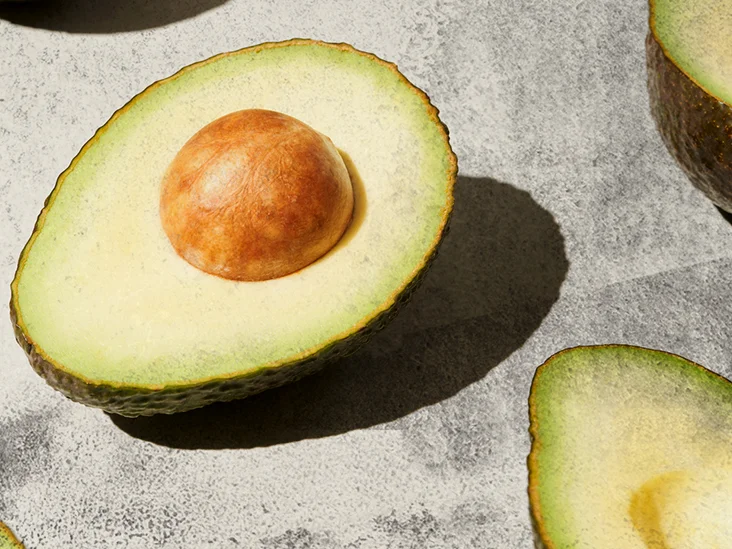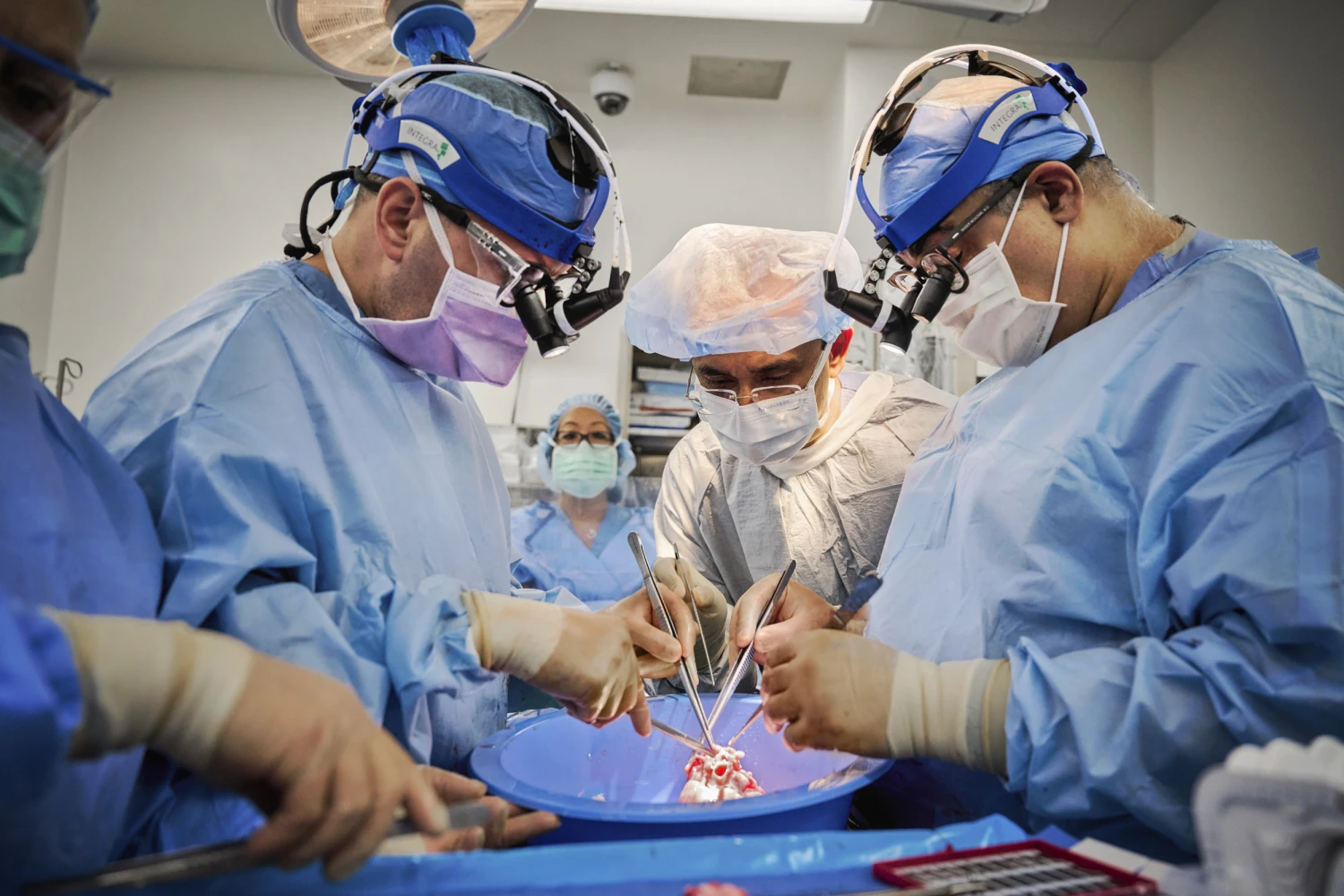In a groundbreaking medical endeavor aimed at addressing the scarcity of human Organs for transplantation, a man received a pig heart, but the promising journey took a sorrowful turn just six weeks later. Lawrence Faucette, a 58-year-old Navy veteran and father of two, had become the second person to undergo a pig-to-human heart transplant, but his story ended abruptly, two weeks shy of the first recipient’s survival.
Faucette’s medical condition had deteriorated to a point where doctors deemed him ineligible for a conventional human heart transplant. Thus, on September 20, he received a heart from a gene-edited pig. Initially, his recovery at the University of Maryland Medical Center appeared promising. He engaged in physical therapy and shared moments playing cards with his wife, Ann.

However, in the final days, ominous signs of organ rejection surfaced, and Faucette’s life was tragically cut short. Dr. Bartley Griffith, the skilled surgeon who orchestrated the transplantation, expressed his grief at Faucette’s passing. The surgeon mentioned Faucette’s last wish – to leverage their experience for the betterment of future patients who might find themselves without a human organ transplant option.
Dr. Muhammad Mohiuddin, who leads the animal-to-human transplant program at the University of Maryland School of Medicine, praised Faucette as a remarkable contributor to the field of xenotransplantation. Faucette demonstrated a unique dedication to understanding the groundbreaking science behind his own biopsies and the profound impact he was making.
Researchers, not just at the University of Maryland but across the medical community, have been diligently working on incorporating pig organs into human recipients to alleviate the severe shortage of human donor organs. Currently, nearly 100,000 Americans anxiously await organ transplants, primarily kidneys. Unfortunately, many individuals, like Faucette, are too critically ill to qualify for transplant listings.
Dr. Mohiuddin affirmed that his team would meticulously analyze the factors that contributed to Faucette’s untimely demise, with the goal of identifying and preventing similar issues in future transplants. The hope is to make this innovative approach to transplantation safer and more effective.
It’s worth noting that the first patient to receive a pig heart, David Bennett Sr., underwent the procedure at the University of Maryland in January 2022 but passed away two months later. In his case, potential factors included a pre-existing frail condition and the presence of a pig virus in the transplanted heart. Faucette’s heart, in contrast, underwent rigorous screening to ensure its virus-free status.
Faucette’s journey began with end-stage heart failure when he arrived at the University of Maryland Medical Center on September 14. Urgently, the Food and Drug Administration granted emergency authorization for the transplant the following day. Just before the procedure, Faucette’s heart briefly stopped, requiring resuscitation. The transplanted pig heart displayed promising performance in its initial month, with no apparent signs of rejection. Nonetheless, the risk of rejection remains the foremost survival challenge in any organ transplant.
Ann Faucette, his wife, expressed gratitude for the additional time her husband received and the invaluable contribution he made to the field of xenotransplantation. Aucette was acutely aware that his time was limited, and he seized the opportunity to benefit others in need of organ transplants. His enduring legacy lives on as researchers work tirelessly to advance the field of xenotransplantation, holding the promise of saving countless lives in the future.




